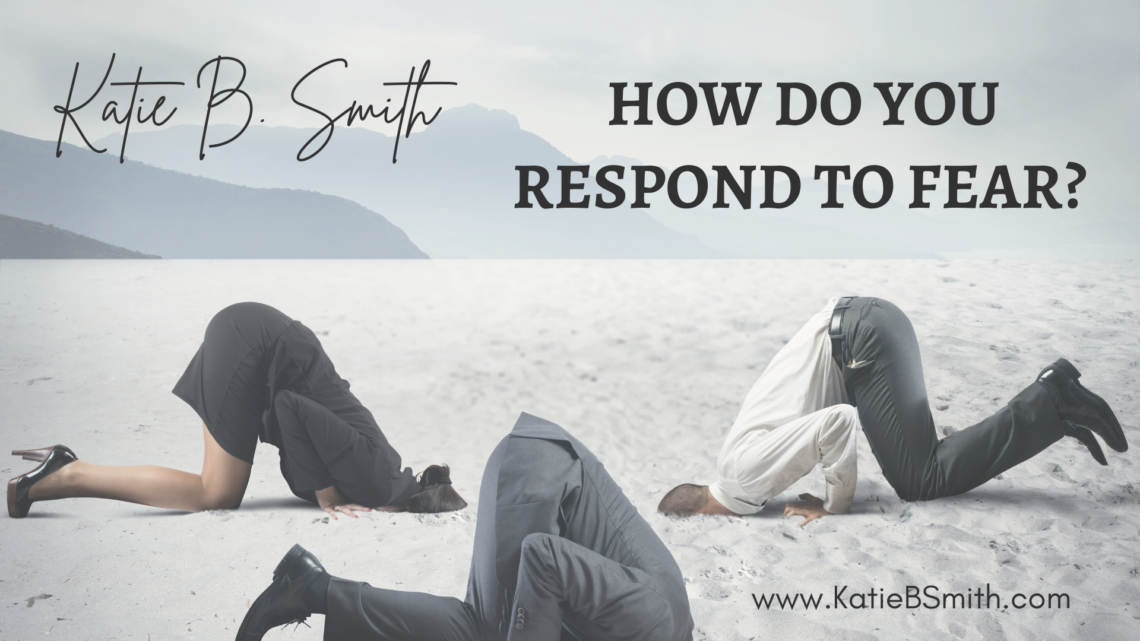How Do You Respond to Fear?
“How we respond to our fear is who we become.”
Will Smith
I am listening to Will Smith’s new book, Will, and I find him quite engaging through his sharing of life truths, and how he has navigated the challenges of his own career and life.
I found the above quote very profound when it comes to embracing my own fear in challenging times. I have been working on a project with a company that is delivering a message to their employees around a big company change coming up that is unexpected. My job was to deliver the training of how to communicate the message, and how to help prepare mangers emotionally, logistically and mentally for the message they needed to deliver to their employees. This situation demonstrates how important it is to take care of ourselves before conveying a difficult message, so we can be in a good place to communicate it effectively.
I found during this process that this client that was all over the map and clearly operating from chaos and fear about the situation as witnessed by the amount of changes, miscommunication and logistical mishaps. I made an extra effort to over-communicate and could feel my own stress mounting, as I am sure you have also experienced when involved in a project with a tight deadline that is critical.
The night before the presentation, I reviewed it to make sure everything was in place. I ate a healthy meal, took a shower to wash off the stress of the day, and did 30 minutes of yoga stretches and silent mediation before crawling into bed. I slept like a rock and was wide awake the next morning.
The root of stress is fear, which can result in resistance in our body and mind. I was feeling the stress of the situation, in addition to the client’s stress. The most important thing we can do to help such situations is to tend to our own stress and focus on how to relieve it. When we do this, we actually help the situation by bringing a calmer presence to everyone involved.
How we respond to fear is who we become. Fear can manifest itself in many ways: control, anger, resistance of any kind, stress, judgment, and negativity. Responding to fear is an act of using our head and our heart.
How do you respond to fear?
Here are some ideas for responding to fear.
- Acknowledge what you are feeling to yourself or talking to someone you trust.
- Move your body – walking, dancing, stretching, anything that relieves the tightness you feel in your body – this helps relieve the negativity in your mind as well.
- Imagine how you desire the outcome of the event that is causing stress; not what you are experiencing currently, but what you desire. Focus your mind on the positive instead of the negative.
Until you move your body, it might be hard to get into that positive place in your head, and it is important to be self-compassionate with how you are feeling about the situation as this will help diffuse it. It also helps to not take the situation personally.
These practices can be used with any stressful situation in your life or work as all change creates some level of stress, especially if you are having a difficult conversation that you need to de-escalate.
May how you respond to your own fear be in alignment with practices that support you in flowing towards what you desire to feel, to think and to be.
